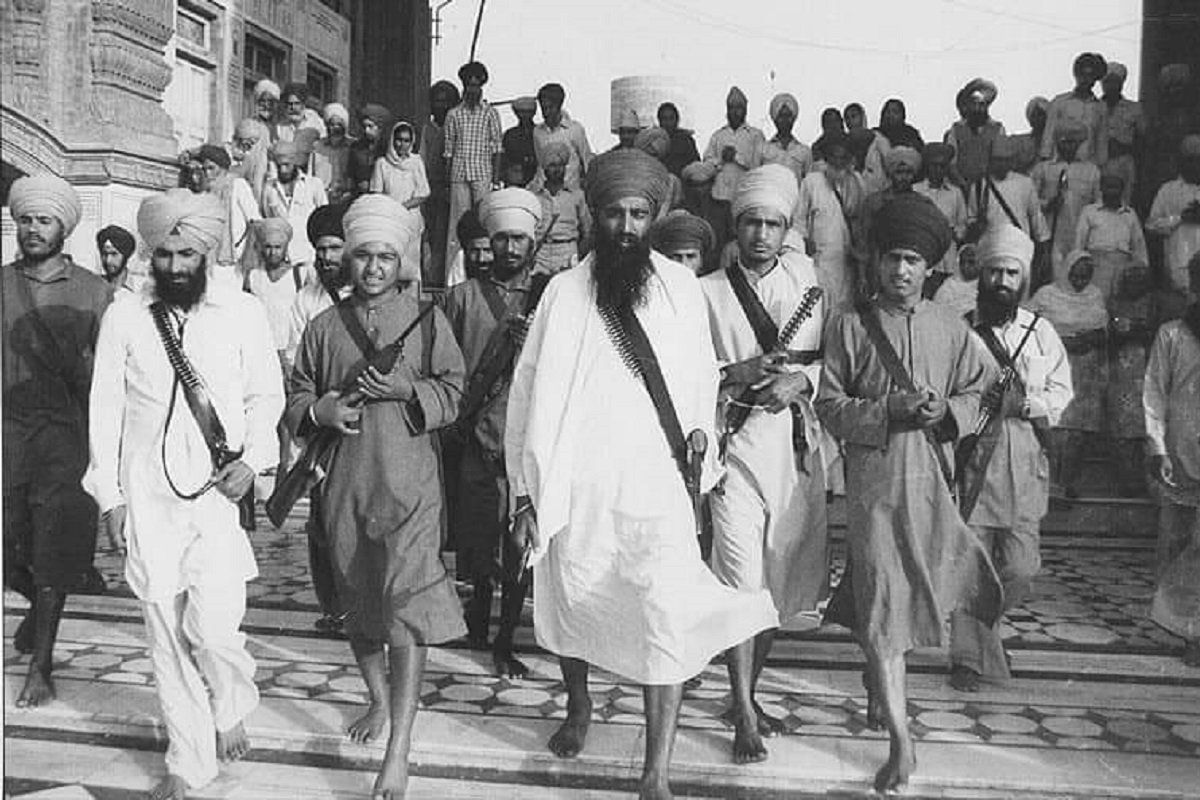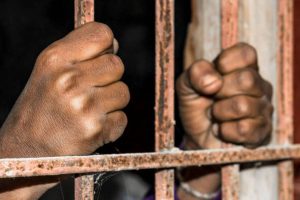Harjit Singh Rode, the elder brother of Jarnail Singh Bhindranwale, has made a significant claim that Bhindranwale never called for Khalistan. Seventy-eight-years old, Harjit Singh, said in an interview over the phone to The Statesman sometime ago, “He never demanded Khalistan. But he said that if the government were to give the Sikhs Khalistan as a present, they wouldn’t object.”
Bhindranwale’s only goal was to have the 1973 Anandpur Sahib resolution carried out. The fundamental reason that the desire for Khalistan gained traction, even among hardliners, was Operation Bluestar and the passing of Bhindranwale.
Advertisement
The fourteenth Jathedar and leader of the Damdami Taksal, commonly known as the Bhindran Taksal, was Jarnail Singh Bhindranwale.
Harjit Singh Rode stated, “Bhindranwale wanted all the other subjects to be left in the jurisdiction of Punjab, with the exception of defence, foreign affairs, communication, railways, and currency.” That Punjabi-speaking areas of Haryana (Shahbad in Karnal, Sirsa, Tohana sub-tehsil and Ratia block of Hissar, Kalka and Ambala; from Himachal Dalhousie, Pinjore, Una tehsil, Nalagarh; and parts of Ganganagar in Rajasthan and other Punjabi-speaking should come under Punjab which is what Anandpur Sahib resolution stated and this is what Bhindranwale wanted.
Rode continued, “Bhindranwale’s query to the Centre was if they considered Sikhs as first-class citizens of the country and, if so, let them (the Sikhs) decide about their fate. This entailed enacting the federal structure in the country, in particular, the federal structure. He wanted autonomy for Punjab and not Khalistan.”
Bhindranwale was greatly misunderstood, according to Harjit, who was a year and a half older than her and attended the same elementary school in Rode village. Bhindranwale’s other brother, Capt. Harcharan Singh Rode, who served in the Indian army, also claimed that he had been misunderstood. On June 7, 1984, Captain Rode, who was stationed in Jalandhar with his regiment, heard on the radio that Bhindranwale had passed away. After some ‘dilly-dallying’ with six soldiers, he approached his unit officer and was ordered to the Golden Temple. When Capt. Rode arrived at the Golden Temple, he was instructed to hand over his official weapon. At the Harmandir Sahib, Bhindranwale’s body was identified by Capt. Harcharan Singh Rode.
He, too, firmly asserted that Bhindranwale supported the Anandpur Sahib Resolution, which had been written by the late Sikh philosopher Late Kapur Singh. However, he asserted that any assault on Darbar Sahib would inevitably result in the Sikhs demanding Khalistan. Around the time of Operation Bluestar, Bhindranwale was introduced to numerous political figures from various regimes. He explicitly stated to them—including former journalist Kuldeep Nayyar and Janata Party president Subramanian Swamy—that his only objective was for the Anandpur Sahib resolution to be carried out. However, his requests were disregarded,” claimed Harjit Singh.
Key points of Anandpur Sahib Resolution
- Pakistan should incorporate Punjabi-speaking regions from adjacent states (such as Himachal Pradesh, Haryana, and Rajasthan).
- The Centre will have power over the military, international relations, railroads, money, and communications. The state of Punjab will be in charge of all other matters. Since there were 13:541 MPs from Punjab in the Lok Sabha, the state was required to contribute its due amount of funding for important topics like defence and international policy.
- A new all-India gurdwara law should be released to ensure better management of places of worship.
- to gain control of and self-regulated access to Sri Nankana Sahib and other Sikh holy sites around the world.
- promoting a Sikh lifestyle.











